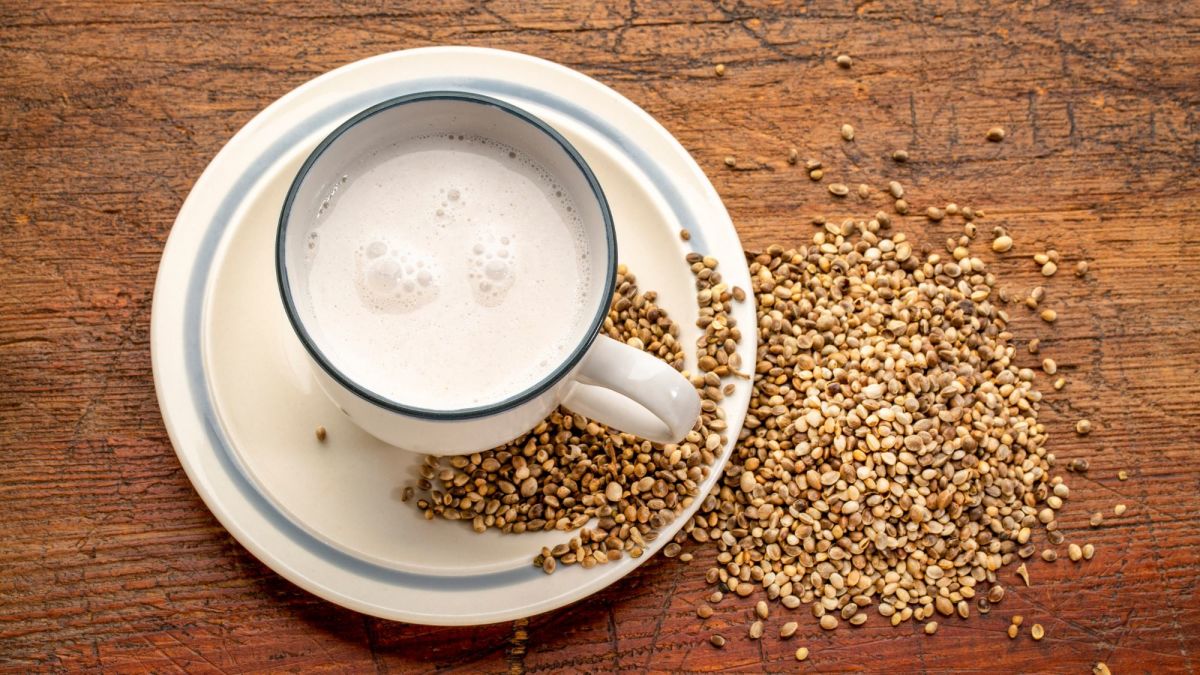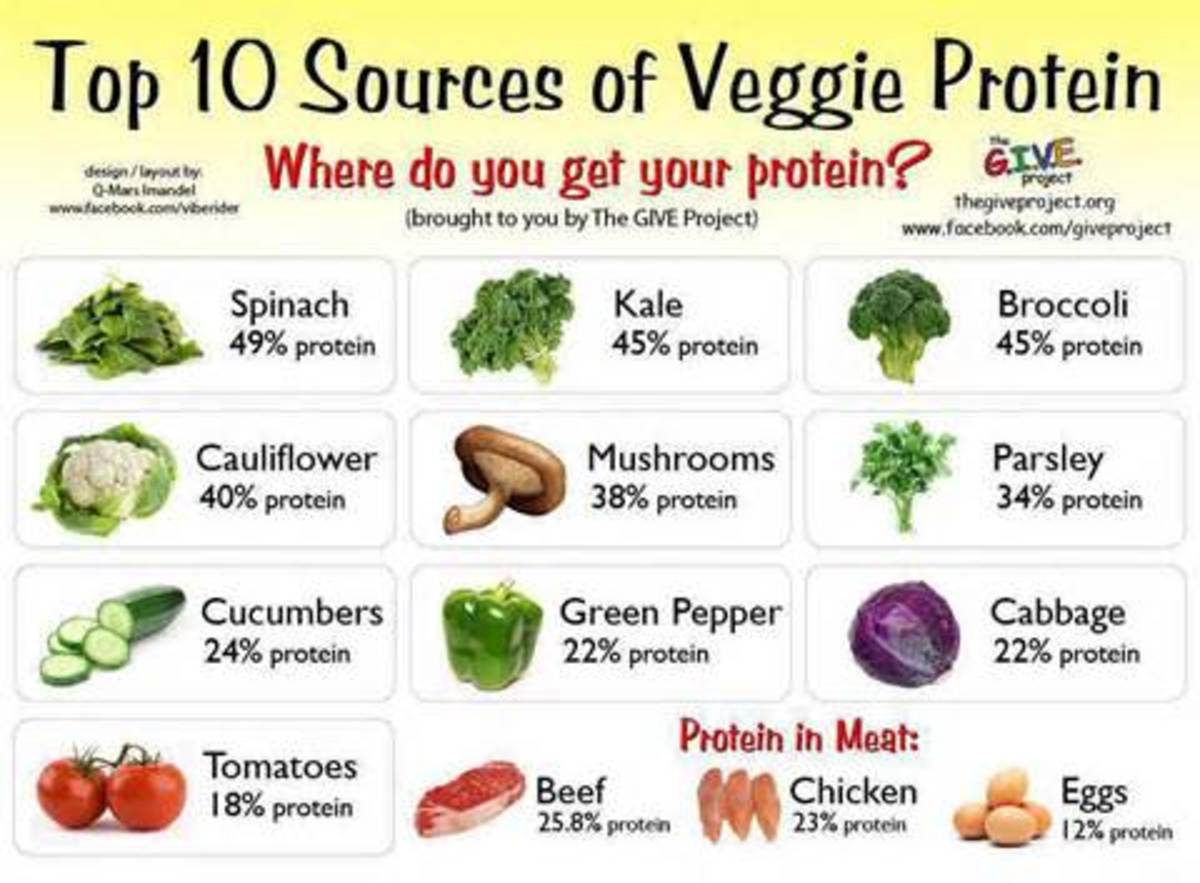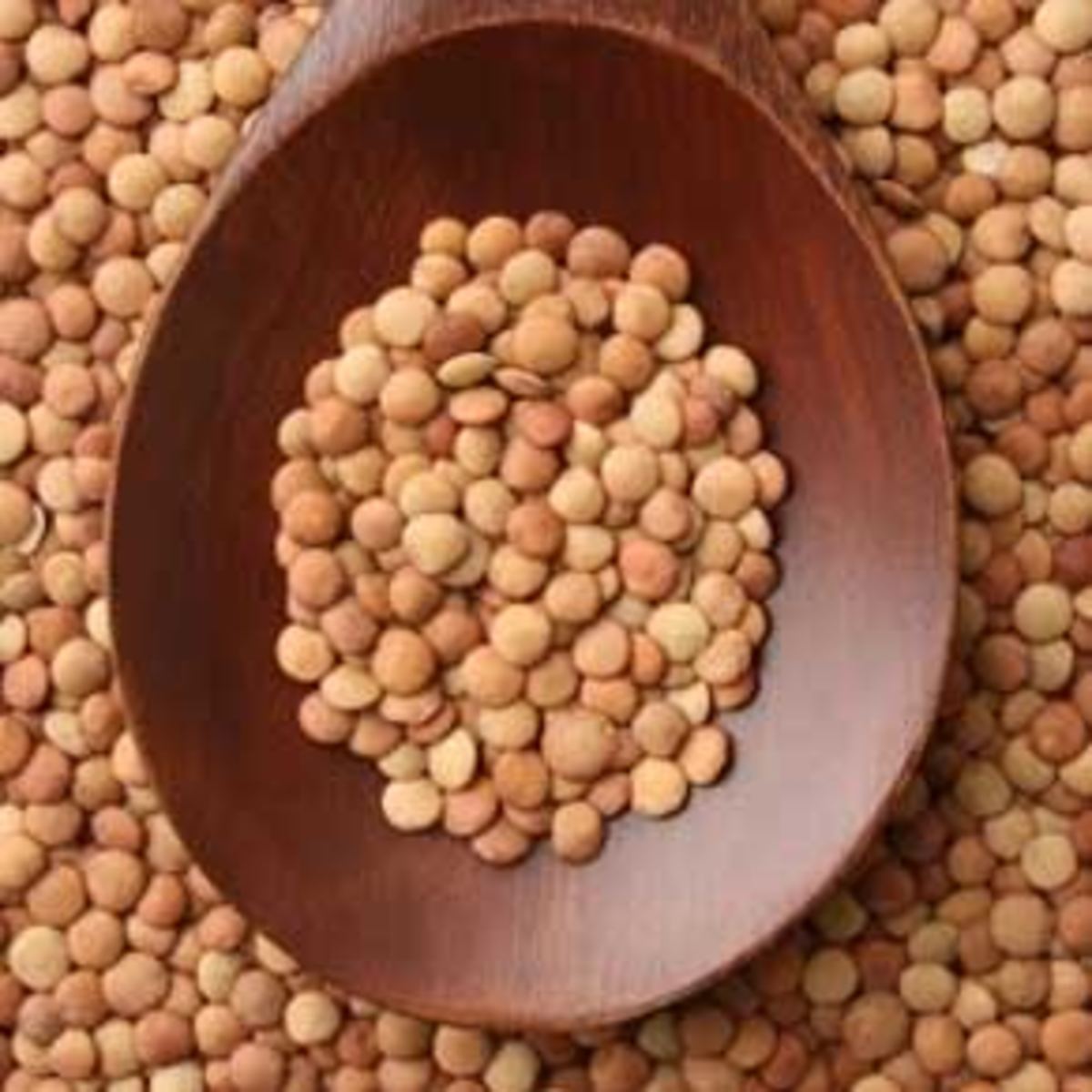Choosing the Best Protein Powder

To Ensure Your Body is Not Lacking in Daily Intake Requirements for Protein
Protein powders are not only designed for bodybuilders, athletes and dedicated gym enthusiasts, but they are also designed for the average person who may need a protein supplement due to lifestyle choices and/or food intolerances or allergies (such as gluten-free, vegetarian or vegan lifestyles). When searching for a protein powder, there are so many options to choose from, and this can be daunting, overwhelming and even exhausting if you do not know what to look for, or what you need for your particular lifestyle and body type.
Upon conclusion of this article, you will have a better understanding in what to look for and how to choose the best protein that best suits you, your body, your lifestyle, and dietary needs.
The Importance of Protein
Due to the hectic and demanding schedules that most have adapted as daily routine, have left many with a protein deficiency. Protein is a crucial and essential part of every humans diet. Protein is responsible for repairing and building muscle, tendons, ligaments, cells, skin, and just about everything else in your body. Protein is one of the most essential part in anyone's diet; males, females, children, seniors, bodybuilders, and you alike.
Certain lifestyle choices may leave someone protein deficient without knowing or realizing it. Protein deficiency can cause many health issues, so it is important for those choosing a life without meats, dairy, and other foods that contain high amounts of protein to educate themselves on protein supplements to ensure their body in getting the essential daily amount protein for happy and healthy living.
The amount of protein one requires in their diet depends on body weight and activity levels. Generally speaking, between 150-200g of protein per day to ensure they are not deficient. (For more info seek professional help and/or advice).
Signs and symptoms include (but are not limited to):
-
The constant craving of carbohydrates, sweets and sugars, and caffeine is a common symptom of a lack of protein in ones diet.
-
Muscle and/or joint pain
-
Swelling of the joints and other parts of the body.
-
Brittle, thinning or loss of hair.
-
Ridges in finger and toes nail
-
Dry skin and/or rash
-
Muscle weakness
-
Fatigue
-
Muscle soreness
-
Cramps (unrelated to one's menstrual cycle or PMS)
-
Inability to heal quickly
-
Ulcers
-
Sudden insomnia or problem sleeping
-
Headaches
-
Nausea
-
Dizziness, light-headed, fainting
-
Depression
-
Anxiety.
source: http://lifespa.com/2011/07/protein-deficiency-the-hidden-signs/
Protein Deficiency
Protein deficiency is malnutrition and is when one is not getting an adequate amount of daily protein to fuel their muscles, body, and brain. People could be low and possibly deficient in protein without knowing, and can cause some uncomfortable and serious side effects that could potentially effect one's day to day life, muscle and brain function. It is important to know and understand signs and symptoms of protein deficiency.
If you experience any of these signs or symptoms, increase your daily protein intake. If symptoms continue after you have increased protein in your diet seek professional help and advice.
Now that you know and hopefully understand the importance of protein and the signs and symptoms of protein deficiency, you can begin in learning and understanding in choosing the best protein supplement to ensure you are able to give the fuel your body needs and craves.
What to Avoid in Protein Supplements
There are so many protein supplements out there, with several health claims, and huge marketing schemes that get people to buy into what they are selling. These products should be avoided. Products that claim certain health benefits and are widely marketed and distributed to local grocery stores and even vitamin and nutritional outlets, are most likely junk. These products are most likely to contain several artificial sweeteners (which are known to cause cancer and a slue of other possible health issues), preservatives, and even traces of heavy metals.
A good rule of thumb is, if you can't pronounce it, if you don't know what it is, and if the product is claiming unrealistic results or unrealistic benefits, do not buy or consume that product.
Avoid products that:
-
Have a large amount of health claims
-
include a skinny person on the bottle
-
includes a slogan like, “lose ten pounds in ten days”
-
includes artificial sweeteners such as sucralose, sorbitol, glycerol, thaumatin, neohesperidine dihydrochalcone, maltitol, etc. (note: most likely anything ending in 'lose, 'tin, or 'tol is an artificial sweetener and should be avoided)
-
Are brightly labeled packages geared toward catching your attention
-
Are very cheap
-
Are not sold in quantity
-
Containing a large amount of sugar and/or carbohydrates
-
Containing more carbohydrates, sugars and other additives than protein
The Different Types of Protein
Proteins include (but are not limited to):
-
Whey protein- very fast digesting
-
Egg white protein- fast digesting
-
Soy protein- moderate digesting
-
Pea protein – moderate digesting
-
Hemp protein- moderate digesting
-
Casein- slow digesting
Options and varieties are available when it comes to protein. Vegetarian, vegan, and gluten-free lifestyles can be lived without worries of protein deficiency.
Buy the All Natural Protein
There are many protein powders available that contain very few ingredients and are all natural.
Natural protein powders are available in many different flavors, and are flavored with a sweetener called stevia.
Stevia is a natural plant that contains natural sugar (very little sugar) it is very low calorie (usually labeled as 0 calorie when purchased separately) and adds lots of flavor that taste great.
All natural products are great quality, and are safe for everyone to consume, even small children. Since there are no additives or preservatives, there is no need to worry about negative health effects due to chemicals and other unnatural ingredients that humans are not meant to consume.
All Natural protein supplements are clearly labeled on the front, so there should be no confusion when purchasing them. If a protein powder is not labeled as natural, be sure to check the ingredients list, or refrain from buying that product altogether.
Natural proteins come in many different types and varieties suiting many different people and lifestyles.
What Type of Lifestyle do you Lead?
When looking for a protein supplement it is important to establish what type of lifestyle you lead. Question to ask yourself when trying before deciding on a protein powder: Are you a person who regularly goes to the gym? When at the gym, do you focus more on cardio, or weight lifting? How often during the week do you spend exhausting your body on physical activity? Are you regularly active? What type of job do you have? Do you have an office job or a job where you are inactive for long periods of time? Do you do manual labor? Do you need a fast acting protein, or a slow digesting protein, or both? Now that you have established your particular and unique lifestyle, you must know and understand the effect each protein will take in your body; each protein has a different digestion rate, creating different effects on your muscles and body overall.
If you are a very active person who regularly goes to the gym to workout and/or is regularly active in day to day life or work, you may want to consider buying a whey or egg white protein supplement. Whey and egg white protein are fast digesting proteins that are immediately absorbed into your muscles allowing them to quickly rebuild and grow. Keeping you strong and healthy for the rest of your active day. Also, if you are a very active person, you may want to consider a couple of other protein options for the best muscle growth and development results.
For a very active person, you not only want a fast digesting protein, but you may also want to consider a slow digesting protein for night time consumption. A fast acting protein, such as, Casein, will allow your muscles to rebuild during the late hours of night and sleep. Since your body lacks nutrition while you are asleep for several long hours at night, it is important to consume a slow digesting protein before sleep, so you do not lose that muscle you worked so hard to build.
Now You can Choose Your Powder
Now that you have a better understanding of the different protein powders, what to look for, what to avoid, and what suits your particular lifestyle, you can now shop for your powder.








